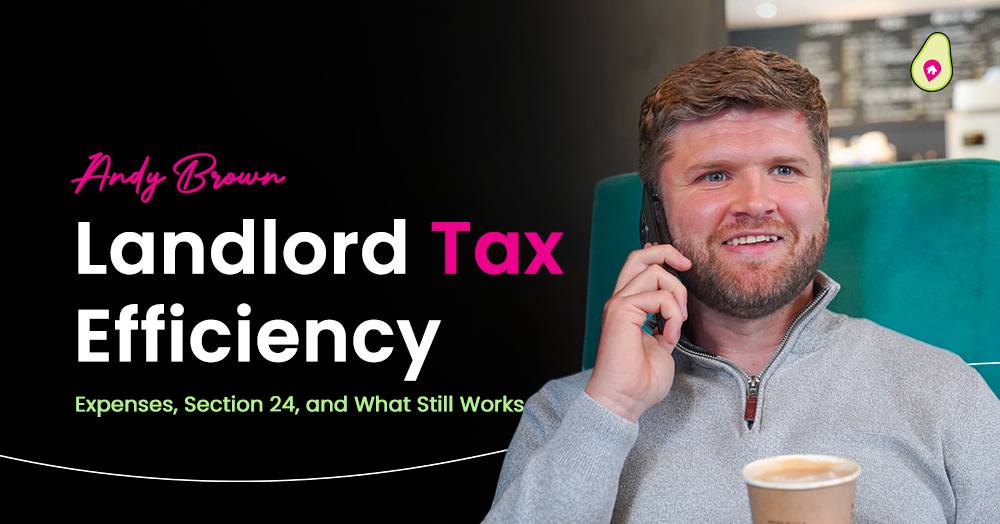Ask most landlords what they find most frustrating about letting property, and tax is usually near the top of the list. The rules have shifted so much in recent years that what was once straightforward now feels like a maze.
Why Tax Feels Like a Headache for Landlords
Section 24 changes have increased tax bills, many landlords worry they’re missing out on allowances, and there’s a lot of confusion about what can still be claimed. The good news is, with a bit of clarity, you can make sure you’re not overpaying unnecessarily.
Section 24: What Changed and Why It Matters
Before 2017, landlords could deduct their full mortgage interest payments from rental income before tax. Section 24 phased this out, replacing it with a 20% basic-rate tax credit instead.
The impact:
- Higher-rate taxpayers now pay more tax.
- Some landlords find themselves pushed into higher brackets because taxable income is calculated before deducting interest.
This caught many landlords off guard, which is why planning ahead — ideally with professional advice — makes such a difference.
Allowable Expenses: What You Can Still Claim
While mortgage interest relief has changed, there are still many legitimate expenses that can reduce your tax bill:
- Repairs and maintenance (not improvements).
- Letting agent fees.
- Landlord insurance.
- Service charges and ground rent.
- Accountant fees.
- Replacement of domestic items (like white goods).
We’ve seen landlords make big savings simply by keeping clearer records and claiming what they’re entitled to.
Repairs vs. Improvements: The Fine Line
One common area of confusion is repairs versus improvements.
- Repairs: fixing a boiler, repainting walls, replacing a worn carpet like for like.
- Improvements: upgrading to double glazing or adding an extension.
Repairs are deductible straight away. Improvements aren’t, though they can reduce Capital Gains Tax when you sell.
This is one of the areas where we often suggest landlords double-check with a tax professional — it’s better to get it right than face questions later.
Should You Incorporate?
Many landlords consider holding property in a limited company to offset mortgage interest in full.
Pros:
- Mortgage interest fully deductible.
- Corporation tax rates can be lower than higher-rate personal tax.
- Easier to reinvest profits.
Cons:
- Company mortgages can be more expensive.
- Higher accountancy and compliance costs.
- Transferring existing properties can trigger stamp duty and capital gains.
We’ve seen incorporation work well for landlords with larger portfolios, but for one or two properties, the costs can outweigh the benefits.
Final Thoughts
The tax landscape has shifted, but landlords who plan ahead still run profitable portfolios. Section 24 has made things trickier, but there are still plenty of ways to remain efficient.
We’ve found that landlords who take time to understand their allowances and structure early on feel far more confident when tax season comes around.
